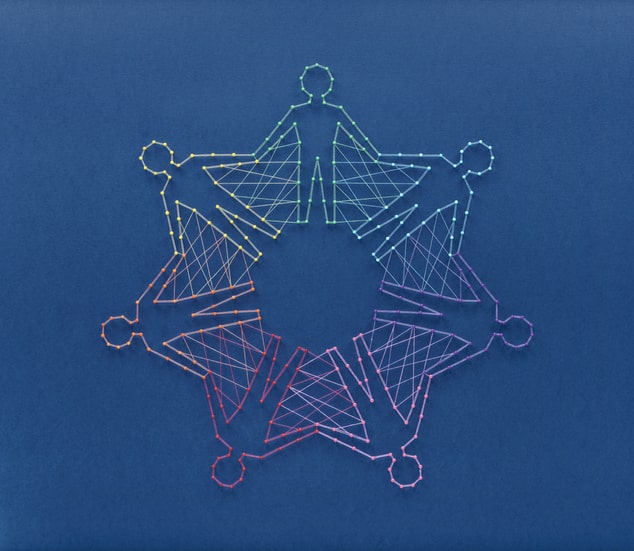If you’ve ever taken a moment to reflect on your most successful relationships, I bet you’ll notice some commonalities, such as mutual respect, understanding, and acceptance. To foster reciprocity, both parties need to trust one another and feel comfortable communicating courageously.
Psychologist Rollo May reminds us that:
“Communication leads to community, that is, to understanding, intimacy and mutual valuing.”
And Entrepreneur Malcolm Forbes suggests:
“If you want understanding try giving some.”
Assessing your emotional intelligence, also known as emotional quotient (EQ) skills, can empower you to take a more positive approach to communicating and interacting with others. By knowing your “default operating mode,” you can advance your skills to respond more effectively based on the situation.
Shine a light on your current state.
What I love about assessments is that they expose how one is currently functioning, like a mirror reflecting the reality of the moment. In terms of your EQ, you can see what’s working well and what can use some fine-tuning while learning ways to dial up or dial back a skill when necessary.
The Multi-Health Systems’ EQ-i 2.0® and EQ 360® assessments look at five composite areas and their corresponding competencies. For example, the Interpersonal Composite, which includes Interpersonal Relationships, Empathy, and Social Responsibility looks at how we interact with others, develop and maintain relationships, and our willingness to contribute to the greater team, community, or society.
Cultivate compassion and kindness.
There is no one way to do things and no right or wrong ideas. Instead, there are causes, effects, and short- and long-term impacts depending on how we act.
Think about how you show up regularly—your desire to be present, listen without judgment, empathize, and respect another’s perspective—and consider if you are rigid in your opinions as to what’s possible or open to compromise for the greater good.
Depending on the role you choose, the outcome can waiver across a wide spectrum, i.e., getting your way no matter what to giving up and giving in at the other end, to meeting in the middle to create mutual value in your relationship.
Sharpen your EQ to enhance your interpersonal relationships.
To increase awareness of your approach, reflect on the following areas and questions:
Your Openness.
Explore how you interact on a consistent basis and consider the feedback you’ve received from others. Do you:
- Create a calm and safe space?
- Look to find common ground?
- Have interest in learning from others?
- Seek out mutually beneficial outcomes?
- Remain curious about potential opportunities?
How You Communicate.
Think about how much time you speak and how much time you dedicate to listening, and contemplate:
- How do I clear my mind before joining a conversation?
- In what ways do I assert myself and articulate what I need and want?
- Am I genuinely listening without focusing on what to say next?
- What do I say to express my thanks or appreciation?
- How am I empathetic to how another person may feel?
Your Ability to Seek Connection.
Consider how you contribute to your network, community, and society, and ponder:
- What’s my ability to visualize the impact on others?
- How do I contribute to my team or organization?
- In what ways can others rely on me?
- How do I unify others toward a common goal or purpose?
- How do I serve my community?
Activate your best and boost your well-being.
We’re all interconnected in some shape or form, and there’s no one way to live or function. Instead, by tapping into your emotional intelligence skills, you can learn more about yourself and select a more optimal method for your overall happiness and well-being. If you’re interested in discovering how your mind, body, and heart influence your thoughts, the choices you see, the actions you take, and the outcomes you get, let’s chat. You can schedule a call with me here.

